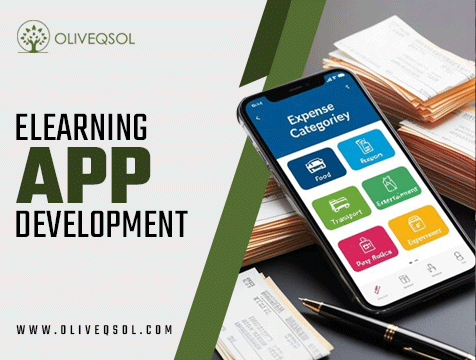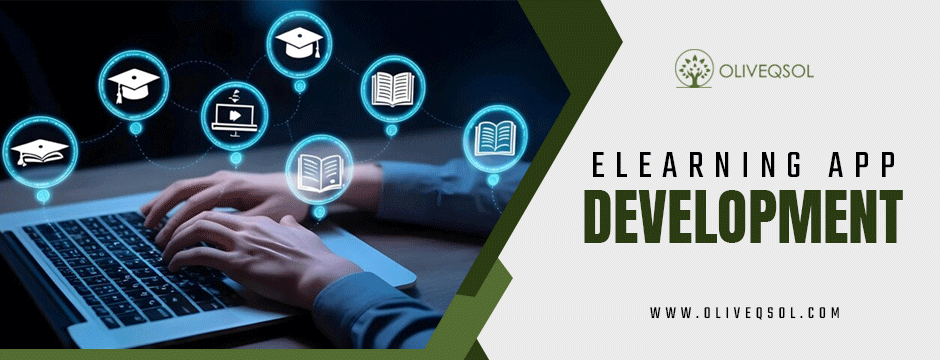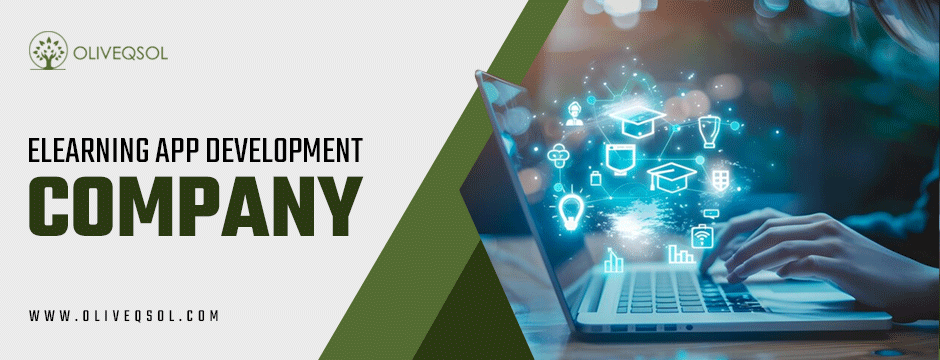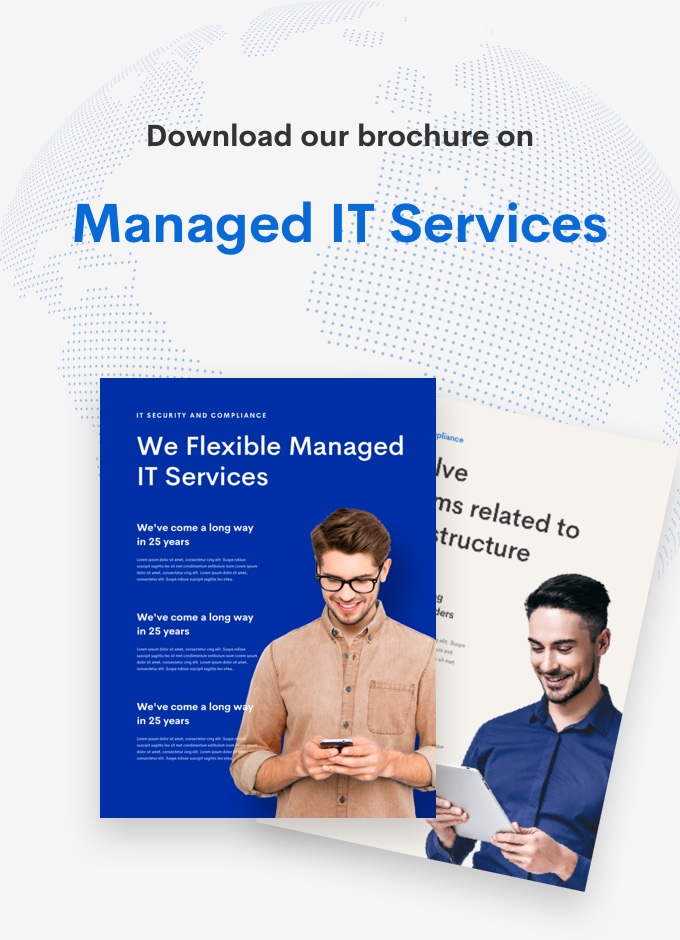How eLearning App Development Companies Shape the Future of Online Education

How eLearning App Development Companies Shape the Future of Online Education
Today’s world has become more digital and fast-paced and in this situation, eLearning has emerged as one of the most transformative sectors in education. The demand for accessible, flexible, and effective learning solutions has skyrocketed, driving the need for robust eLearning platforms. eLearning application development companies are central to this transformation, the behind-the-scenes experts crafting these innovative platforms that shape the future of online education. This particular blog will explore how eLearning app development companies are revolutionizing the educational experience and what this means for the future of online learning.

The Rise of eLearning: A Global Phenomenon
The global shift towards online learning has been accelerated by advancements in technology and the necessity brought on by events like the COVID-19 pandemic. This growth isn’t just driven by academic institutions but also by corporations seeking to offer training and development solutions, as well as individuals pursuing personal growth.
At the central point of this growth are eLearning app development companies, which have the expertise to create platforms that make learning more interactive, personalized, and accessible. These companies build the infrastructure that allows users to learn anytime, anywhere, on any device. But how exactly do these companies shape the future of online education?
Enhancing Accessibility: Breaking Down Geographic and Economic Barriers
One of the most significant ways eLearning development companies shape the future is by enhancing accessibility. Traditional education systems have long been constrained by geographic and economic barriers, limiting access for many people. However, eLearning platforms provide an opportunity for learners from remote locations or those with limited financial resources to access quality education.
eLearning application developers focus on creating platforms that can be accessed on various devices, from smartphones and tablets to desktops and laptops. This mobile-first approach ensures that learners can access educational content regardless of their location. Moreover, these companies design platforms with multilingual support, enabling students from different linguistic backgrounds to participate. By incorporating these features, eLearning development companies are democratizing education and creating a more inclusive learning environment.
Personalization of Learning: Tailoring Educational Content to Individual Needs
A one-size-fits-all approach to education has long been criticized for failing to meet the unique needs of individual learners. eLearning app development is addressing this issue by building platforms that offer personalized learning experiences. Through the use of artificial intelligence (AI) and machine learning algorithms, these platforms can track a learner’s progress, assess their strengths and weaknesses, and adjust the curriculum accordingly.
For example, if a student struggles with a particular subject, the platform can provide additional resources, exercises, or tutorials to help them improve. Conversely, if a learner excels in a specific area, the system can recommend advanced material to keep them engaged and challenged. This personalized approach to learning ensures that students receive the right support at the right time, enhancing their overall educational experience.
By incorporating adaptive learning technologies, eLearning development companies are helping to create more tailored educational experiences that meet the diverse needs of learners worldwide.
Interactivity and Engagement: Making Learning Fun and Effective
One of the biggest challenges in online education is maintaining student engagement. Unlike traditional classrooms, where face-to-face interaction helps keep students involved, online platforms often struggle with retaining learners’ attention. To combat this, eLearning app development companies focus on building highly interactive platforms that use gamification, multimedia, and social learning features.
Gamification, for example, turns learning into a game-like experience by incorporating elements like quizzes, badges, leaderboards, and rewards. This not only makes learning more fun but also motivates learners to complete courses and stay engaged. eLearning platforms integrate multimedia elements such as videos, interactive diagrams, and virtual simulations to cater to different learning styles. For instance, some students may grasp concepts better through visual explanations, while others may prefer hands-on simulations or audio content. By offering multiple content formats, eLearning platforms make learning more dynamic and engaging.
Scalability: Supporting Millions of Users Globally
As the eLearning industry continues to grow, so does the need for platforms that can support a large number of users simultaneously. Scalability is a major factor in the success of online learning, and this is where eLearning application development companies excel. These companies build platforms with cloud-based infrastructure that can scale effortlessly as the user base grows.
For example, during peak times—such as when a popular course is launched or during exam seasons—millions of students may be accessing the platform at the same time. eLearning app development experts ensure that these platforms can handle such high traffic without compromising performance or user experience. Cloud computing enables eLearning companies to provide flexible price structures, enabling educational institutions to only pay for the services they utilize.
The ability to scale globally is particularly important for organizations offering Massive Open Online Courses, where thousands of learners may enroll in a single course. eLearning development companies ensure that these platforms remain stable, reliable, and responsive, regardless of the number of users.
Integration with Emerging Technologies: Augmented Reality, Virtual Reality, and Artificial Intelligence
The future of eLearning is not just about making education accessible and scalable but also about integrating cutting-edge technologies to enhance the learning experience. eLearning app development is at the forefront of incorporating emerging technologies such as Augmented Reality (AR), Virtual Reality (VR), and Artificial Intelligence (AI) into online education platforms.
AR and VR offer immersive learning experiences, allowing students to interact with 3D models, explore virtual environments, or simulate real-world scenarios. For example, medical students can use VR to practice surgical procedures in a risk-free environment, while engineering students can explore complex machinery through AR models. These immersive technologies make learning more hands-on and engaging, improving knowledge retention and practical skills.
Artificial Intelligence, on the other hand, plays a crucial role in personalization, as mentioned earlier, but also in automating tasks like grading, providing real-time feedback, and creating intelligent tutoring systems. AI-powered chatbots can assist students with their queries, offering immediate support and guidance without the need for human intervention.
By integrating these technologies, eLearning application development companies are not only enhancing the quality of education but also making it more interactive, engaging, and effective.

Data-Driven Insights: Leveraging Analytics for Continuous Improvement
One of the key advantages of eLearning platforms is their ability to collect vast amounts of data on student performance and engagement. eLearning application development companies build platforms that incorporate advanced analytics tools to track and measure various metrics, such as course completion rates, student participation, and time spent on different modules.
These data-driven insights allow educators and organizations to identify areas where students may be struggling, make data-informed decisions, and continuously improve the learning experience. For example, if a particular section of a course consistently shows low completion rates, educators can revise the content or delivery method to make it more accessible.
Furthermore, analytics help in predicting learner outcomes and personalizing interventions to ensure student success. By using these insights, eLearning development companies are enabling institutions to offer more effective and data-driven learning solutions.
Bottom Line
eLearning app development experts are playing a pivotal role in shaping the future of online education. Through their expertise in building scalable, interactive, and personalized platforms, they are making education more accessible, engaging, and effective. By integrating emerging technologies such as AR, VR, and AI, and leveraging data-driven insights, these companies are at the forefront of the eLearning revolution.
As the demand for online education continues to grow, the contributions of eLearning development companies will become even more critical in transforming how we learn and creating a future where education is truly accessible to all. At OliveQsol, we specialize in creating tailor-made eLearning solutions designed to enhance educational experiences. From development to ongoing support, we provide comprehensive services for educational institutions and businesses, ensuring scalable, engaging, and innovative online learning platforms that drive success. Contact us now!


